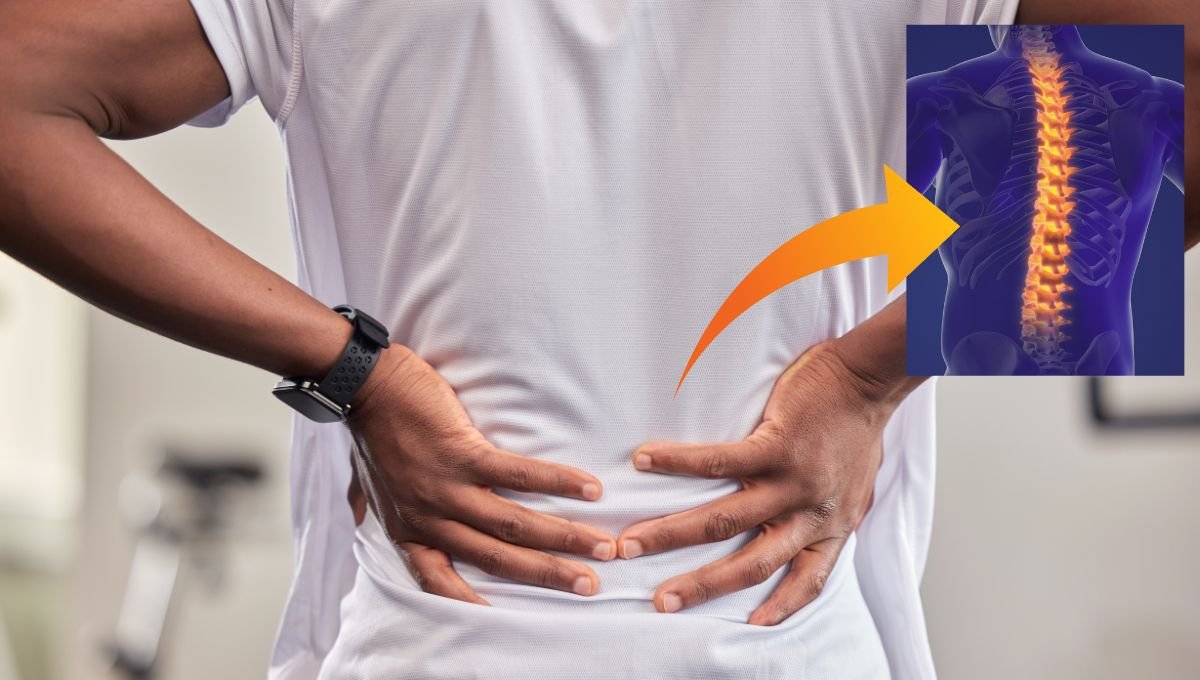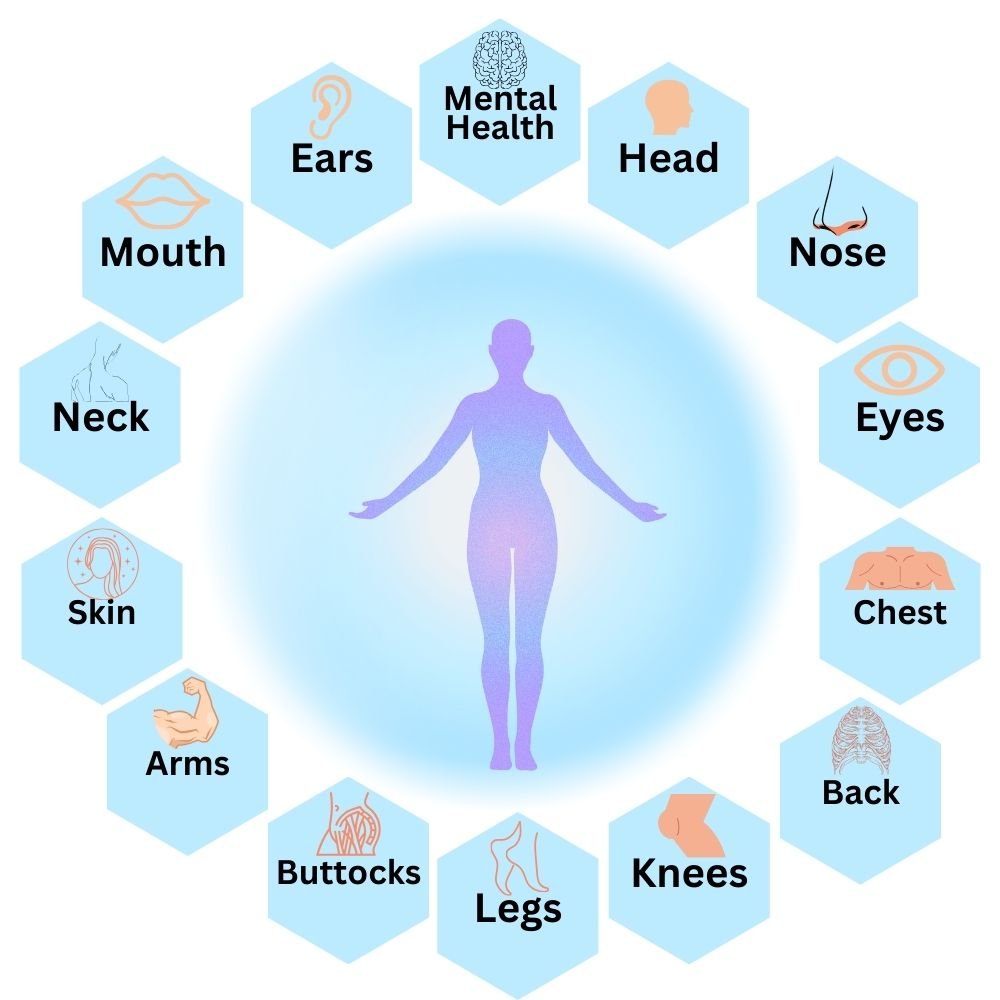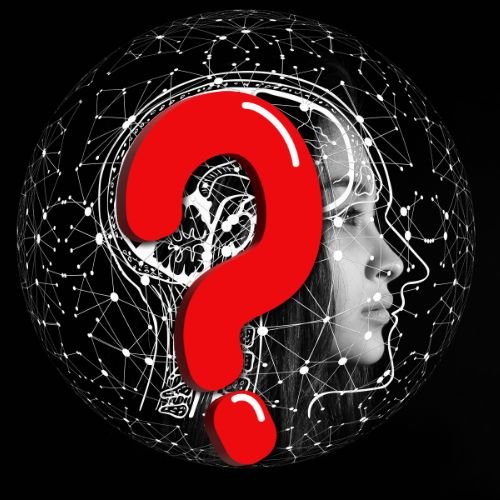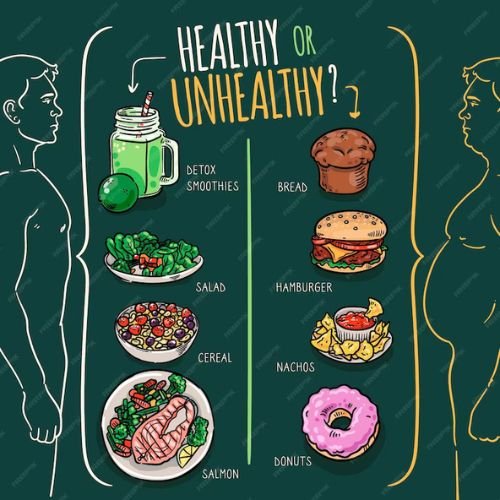Back pain is a common ailment that affects millions of people worldwide. It can be debilitating, impacting daily activities and overall quality of life. Understanding the reasons behind back pain, appropriate treatments, and preventive measures is essential for managing this condition effectively.
Post Views: 26










